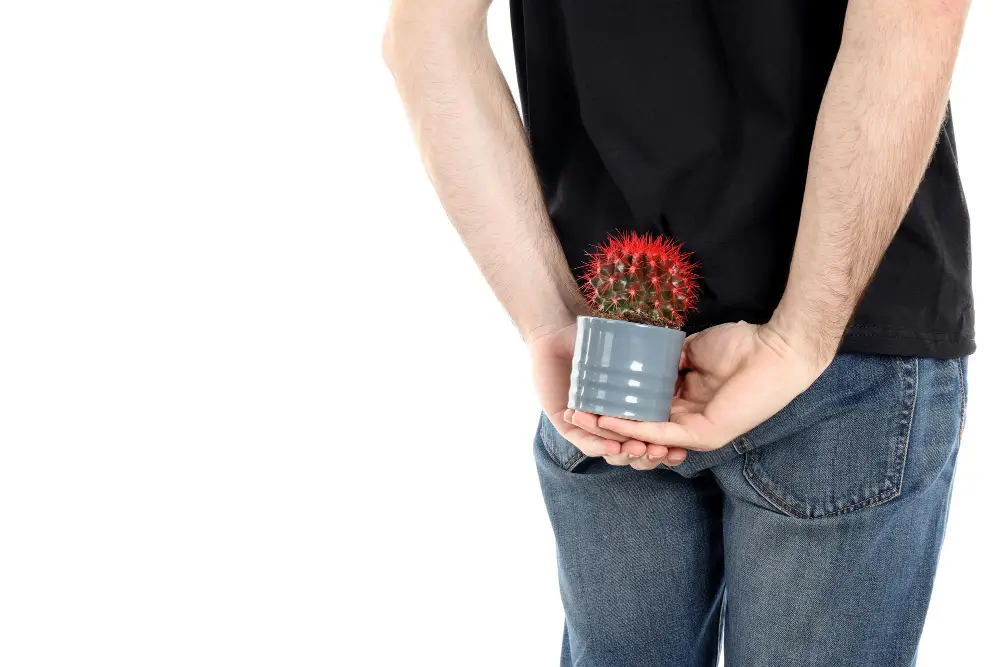

Experiencing discomfort, swelling, or recurring infections in the anal region can be distressing. If you are suffering from persistent pain, swelling, or pus discharge, you might be dealing with Anal Fistulas. This condition often develops due to an untreated anal abscess and requires proper medical intervention. Early diagnosis can prevent complications and improve your quality of life.
Dr. Nitish Jhawar, a highly experienced proctologist in Navi Mumbai, specializes in diagnosing and treating Anal Fistulas with advanced medical techniques. In this blog, we will explore the symptoms, causes, diagnosis, and treatment options available for Anal Fistulas, along with expert insights on managing the condition effectively.
An Anal Fistula is an abnormal tunnel that forms between the anal canal and the skin surrounding the anus. It usually occurs as a result of an untreated infection or abscess in the anal glands. If left untreated, it can lead to chronic pain, recurring infections, and difficulty in passing stools.
The symptoms of Anal Fistula can vary from mild discomfort to severe pain. Identifying these early signs can help in seeking timely medical intervention.
If you experience any of these symptoms, consult Dr. Nitish Jhawar for an early diagnosis and treatment plan.
A proper diagnosis is crucial to determining the severity and type of Anal Fistula. Doctors use the following methods to confirm the condition:
The treatment approach for Anal Fistulas depends on the severity and type of fistula. Here are the commonly used medical and surgical options:
Dr. Nitish Jhawar specializes in advanced Laser Fistula Surgery, ensuring quick recovery and minimal post-surgical complications.
After undergoing treatment, proper post-operative care is essential for a smooth recovery. Here are some important guidelines:
No, an Anal Fistula usually does not heal without medical intervention. It requires proper treatment, often surgical, to prevent further complications.
Surgical procedures such as Laser Fistula Surgery are minimally invasive and cause less discomfort compared to traditional methods.
Recovery time varies depending on the procedure performed. Generally, patients recover within 2 to 4 weeks with proper post-operative care.
While some cases are unavoidable, maintaining proper hygiene, consuming a high-fiber diet, and staying hydrated can reduce the risk of developing an Anal Fistula.
If you experience persistent pain, swelling, or discharge near the anus, it is advisable to consult a specialist like Dr. Nitish Jhawar for early diagnosis and treatment.
If you are suffering from unexplained pain, swelling, or discharge in the anal region, don’t ignore the symptoms. Anal Fistulas can lead to severe complications if left untreated. Seeking early diagnosis and the right treatment from an expert like Dr. Nitish Jhawar a proctologist at Apollo Hospital Belapur, Navi Mumbai and neoalta clinic Vashi, can help you regain your comfort and well-being.
For expert consultation and advanced Anal Fistula treatment, book an appointment with Dr. Nitish Jhawar today and take the first step toward a pain-free life.